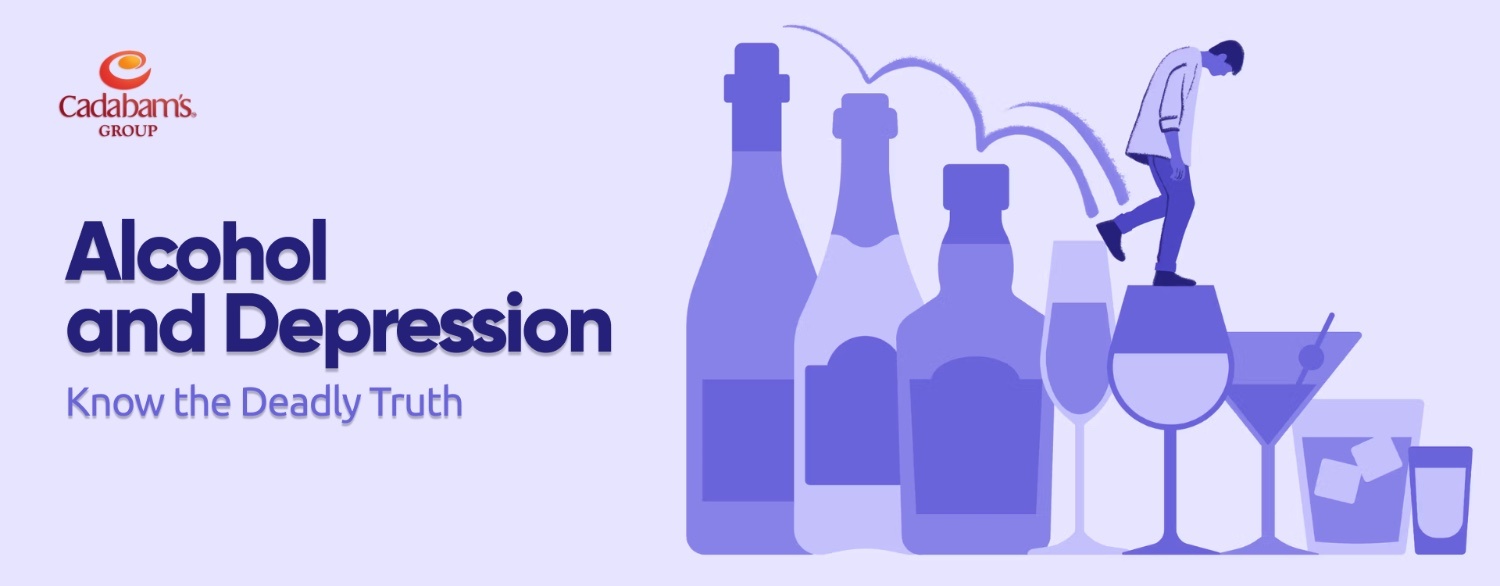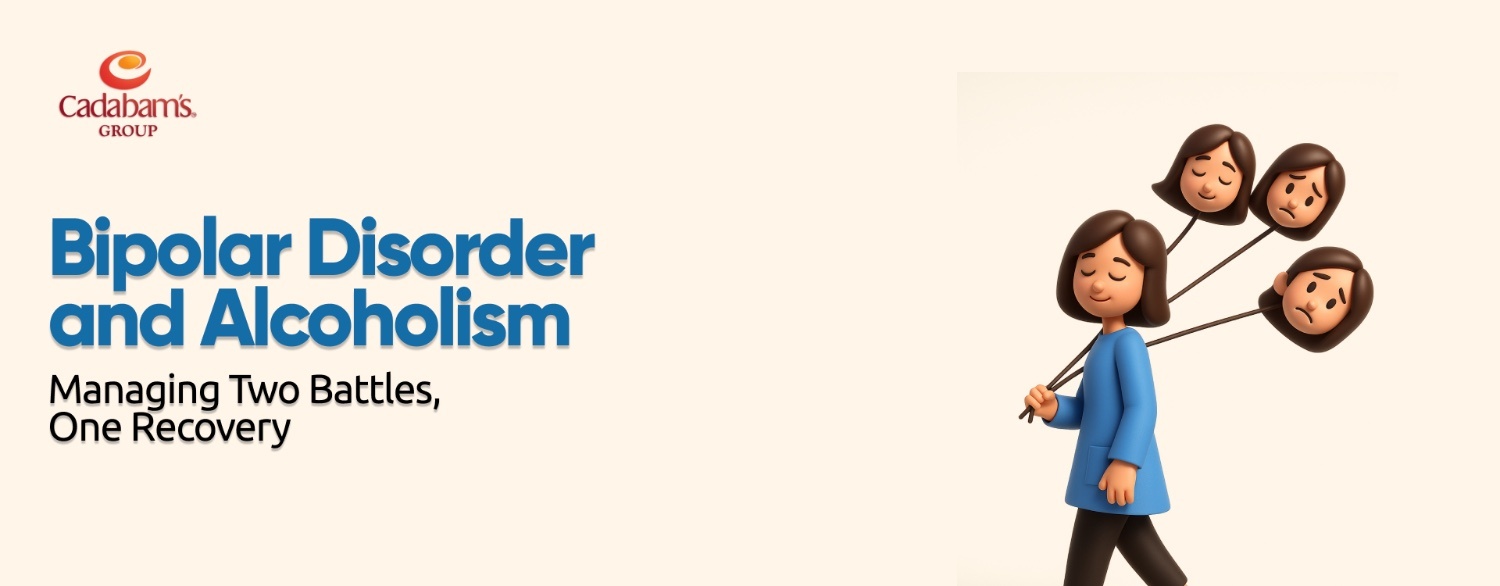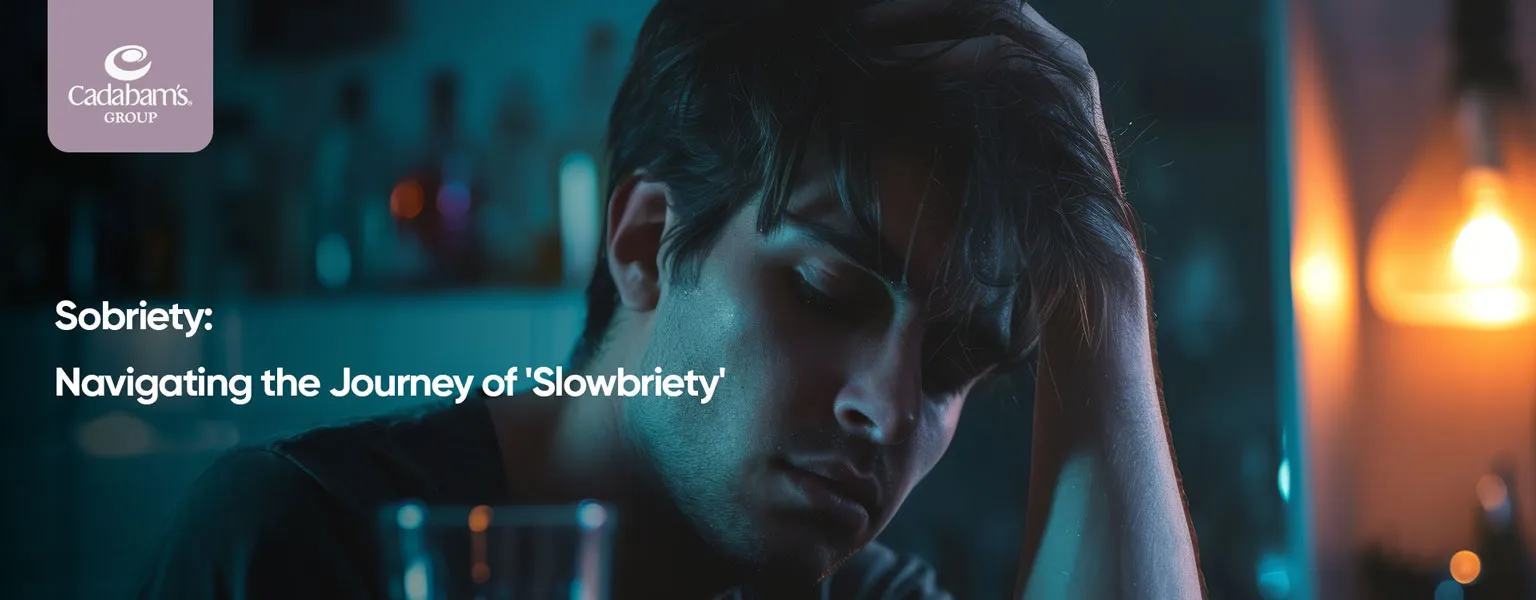Did you know that addiction recovery can get a boost when there is involvement on part of the addict’s family? The truth is when someone in a family becomes a victim of addiction, it doesn’t just impact the individual but the entire family. Families play a crucial role in everyone’s life, shaping the personality, character, and future. Every individual’s weaknesses and strengths are due to a combination of heredity and environmental factors. This explains why family therapy can prove to be crucial for addiction treatment and recovery. By reaching out to Cadabams, you can get help from their team of experienced psychiatrists who have expertise in cognitive behavioral therapy, family-focused therapy, psychological rehabilitation, interpersonal and social rhythm therapy, etc. These techniques have proved to be effective for treating addictions like alcohol dependence, substance abuse, etc.
While it may be the biggest challenge for the family to help one of their own to break an addiction, family support turns out to be the strongest factor in a speedy and complete recovery for the patient. Family therapy will involve people with whom you interact or stay on a daily basis. This could include your friends, spouse, parents, and even blended family.
Why is family therapy needed?
For treating addiction, family care is very important, but family members generally fail to understand why their loved ones get addicted to drugs, alcohol, and other such substances. It is unfortunate but in most situations, the primary reason behind any sort of addiction is a direct fallout of negligence or lack of care by others in the family.
It is the duty of the family members to convince their loved ones who have fallen victim to addiction to seek help from a counselor or take them to a de-addiction center. Statistics show that family dynamics invariably change whenever one member gets affected by addiction. It has been seen that almost 79% of teens tend to run away when they have parents who abuse alcohol, while 24% of them are more than likely to go through treatments for inpatient substance abuse. It has also been seen that children who have been hospitalized for some kind of mental health disorder usually have someone in their family who suffered from an addiction disorder. Almost 41% of parents suffering from substance abuse problems have reported their kids experiencing academic and behavioral issues.
How does family therapy help in addiction recovery?
Family therapy works to control addictive behaviors by focusing on group dynamics and fostering communication between family members so that they can continue to have healthy and open communications with one another. It also ensures that children do not suffer neglect and are cared for when a member of the family is going through addiction recovery treatment. The treatment for all such therapeutic sessions will be conducted by psychologists, psychiatrists, and clinical social workers with proper licenses. Here are some ways in which family therapy can prove beneficial for treating people suffering from addiction and helping them recover:
- By being support for addicted individuals
- Helping addicts to feel better emotionally ‘
- Enabling addicts to communicate better for stronger emotional involvements
- Helping them learn how to take better care of themselves
- Helping addicts understand the kind of addiction they are suffering from and how this is affecting their behaviors
- Setting boundaries to guarantee a healthy recovery
Why Cadabam’s?
Cadabams is a mental healthcare facility in India which understands the struggles and issues that people with addiction disorder have to go through. It helps individuals and families who are suffering from addiction find the best treatment to restore their mental well-being and happiness.
At Cadabams, you will be provided with a treatment plan that is customized to your needs. Family situations can be different for everyone, so, the main idea is to encourage healthy interactions within the family. Strong family ties will ensure that the individual doesn’t relapse to addiction. Moreover, they are allowed to spend more time with their friends and family to speed up their recovery process. There are times when the addict’s behavior can frustrate or anger family members; but if they are convinced their loved one can be treated, they can work together with counselors to ease up recovery. Families have to undergo counseling themselves to deal with addiction.
FAQs
How are family members involved in the addiction recovery process?
First of all, the treatment team recommends the involvement of the family in the addiction recovery process. Once the family members to be involved in the treatment program are identified, they are expected to attend meetings to help them understand the importance and relevance of family psychoeducation in the recovery of their loved one from addiction. Finally, the family members are educated about the program in more detail so that any concerns are addressed beforehand. Now, family work begins.
Why is family involvement in addiction recovery programs important?
Family involvement is important for addiction recovery programs because they will be able to support the patient at all times and offer information about how they are functioning at home. Family members can also ensure that the patient is complying to the medications and treatment recommendations. Besides, it is easier for the treatment team to track any medication side effects that may occur and the progress the patient is making when family is involved.
Disclaimer: We strive to treat our patients with dignity and utmost sensitivity. We understand that addiction is a medical disorder and not a sign of weakness. Terms like “drug addict” or “drug addiction” are used not in a derogatory way but to remain relevant to user search trends and common usage.
It is important to note that addiction should be referred to as substance use disorder to better address the effects of this psychological condition, and words like “addict”, “junkie”, etc. should be avoided. In case you or your loved ones are struggling with substance abuse disorder and share a unique viewpoint on how we can improve this content for our readers, please reach out to us at info@cadabamshospitals.com.
.webp)







